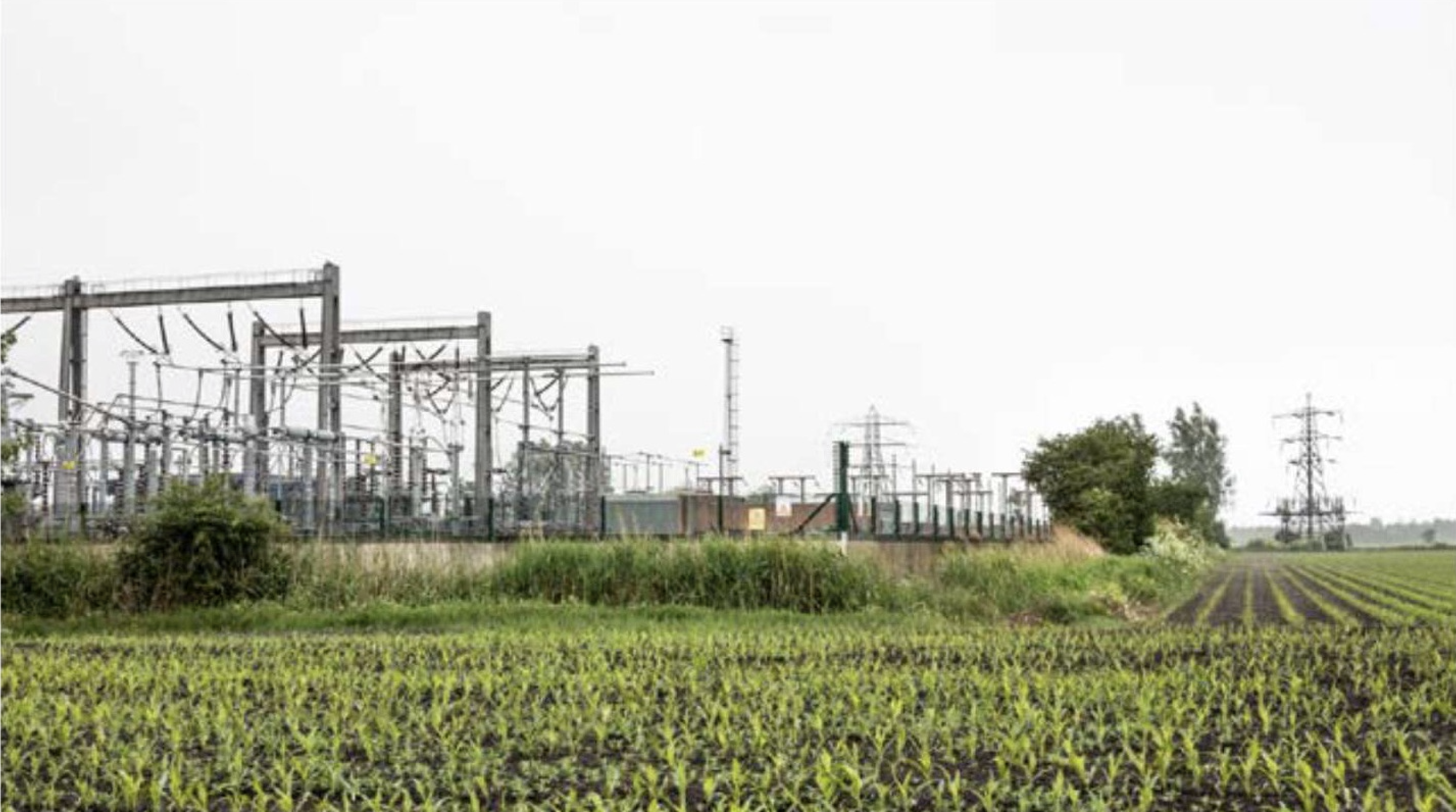Under-fire regulator Ofgem today confirmed RIIO-ED2 investment plans, shaping six DNOs’ capex budgets which will fund upgrades and improvements in 14 local networks up to 2028.
Quenching Britain’s imports of gas used to make electricity, including the less than 4% of UK consumption bought last year from Russia, is a key goal of today’s rulings.
So is boosting grid capacity & eliminating chokepoints, accommodating the imminent tsunami of green electricity made necessary as transport, and home and industrial heat increasingly rely on electricity, in place of hydrocarbons.
Separately this morning Ofgem also issued clarification on its process setting controls on prices levied by gas networks operators, engaged in non-electricity-related heat and industrial supply.
Ofgem’s “final RIIO-ED2 determinations” today follow on from its preliminary decisions published in the summer. Further feedback from users and other stakeholders is reflected, according to the watchdog, in today’s decisions.
The unattractive acronym stands for ‘Revenue = Incentives + Innovation + Outputs’ affecting the economics of electricity distribution investment.
It’s the regulated process whereby regional distributed network operators (DNOs) recoup from end customers their outlay on upgrades and grid extensions.
Controlling network operators’ profits, increasing efficiencies and thereby minimising impact on consumer bills are hard-baked into the RIIO-ED2 approach
The regulator believes the major investments permitted by its rulings today can be delivered at zero extra cost in network charges passed by retailers on to bill payers. Currently those hidden bill items stand at around £100 per customer per year.
Amid the total of £25 billion new spend approved, winners and losers emerge in Ofgem’s analysis published below, showing what percentage of bids tabled by Britain’s six DNOs are now authorised:
| Breakdown of allowed funding to Distribution Network Operators in 2023 to 2028 (£m, 2020/21 prices) | |||
| DNO | Submitted Totex | Allowed Totex | Difference |
| ENWL (Electricity North West Limited) | 1,890 | 1,720 | -9.0% |
| NPg (Northern Power Grid) | 3,232 | 2,792 | -13.6% |
| NGED (National Grid Electricity Distribution) | 6,893 | 5,977 | -13.3% |
| UKPN (UK Power Networks) | 5,523 | 5,179 | -6.2% |
| SPEN (SP Energy Networks) | 3,397 | 2,951 | -13.1% |
| SSEN (Scottish and Southern Electricity Networks) | 4,241 | 3,589 | -15.4% |
| Total | 25,176 | 22,207 | -11.8% |
Akshay Kaul, interim director of Ofgem’s unit covering infrastructure & security of supply, said: “The investment set out today delivers value for consumers, safeguards security of supply and helps ensure Britain is no longer at the mercy of international energy prices or geopolitical events.
“We’ve set the initial amount of investment that local electricity distribution network operators can make in the 2023 to 2028 period, with every pound representing value for money for consumers and no increase in bills.
“The economics of energy have shifted, “ Kaul went on, ”with home-grown, cleaner renewables like wind and solar energy proving cheaper than costly imported gas. Together with more nuclear and potentially hydrogen fuelled power, these renewables will contribute to a lower carbon energy mix, better protected from geopolitical events and energy price shocks.
Presenting the regulator’s approach, Kaul explained, “We’ve carefully considered all the work that will be required and set the budget for the networks accordingly. These values will driving the increase in capacity needed for Net Zero, as well as delivering more reliable and resilient networks, at no extra cost to consumers.”
Citizens Advice is identified in consumer law as the government’s arms-length watchdog on Ofgem’s decisions affecting bill payers. In June the campaign group gave Ofgem’s initial RIIO-ED2 determinations a positive welcome.
Full RIIO-ED2 details are here.




